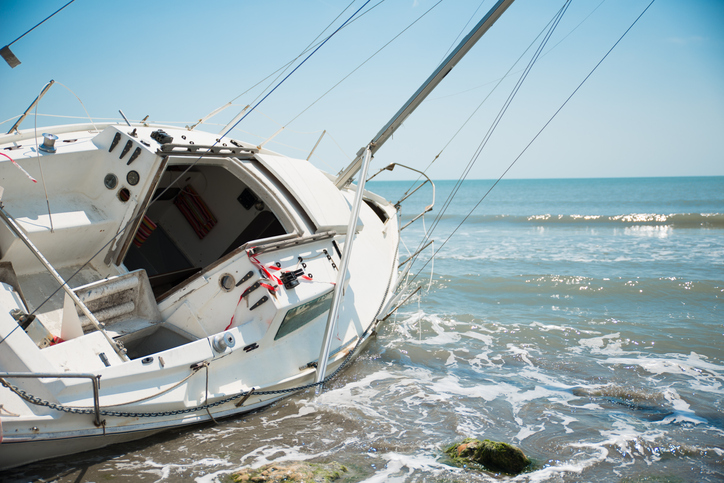Summer in Florida has an almost endless list of fun outdoor activities for you and your family to do. One of the more popular options? Boating. It’s all fun and games when you’re on the water, but occasionally an emergency can arise, and it’s important to know what to do. If you find yourself in the unfortunate position of being involved in a boat collision, here are some things to do.
Boat Collision Safety Checklist
Assess the Personal Safety of You and Your Passengers
First and foremost, you need to ensure that everyone on board your vessel is safe and uninjured. If anyone happens to be hurt, prioritize their wellbeing and administer first aid if necessary. If the injuries are so severe that they’re beyond the capabilities of anyone else aboard, don’t hesitate to call for medical assistance immediately.
Report the Collision
If the collision involves another boat, reach out to the other vessel to exchange contact and insurance information. If the situation warrants it, report the incident to the local maritime authorities or the Coast Guard. It’s essential to document the incident for insurance and legal purposes.
Be Sure to Secure Your Vessel
If your boat is damaged, and it’s safe to do so, be sure to take measures to prevent further harm. This could involve using emergency repair kits or bilge pumps to address leaks. Perhaps you’ll need to deploy anchors to prevent drifting. Be prepared to abandon the vessel if it is no longer safe to remain on board.
Collect Any Relevant Evidence
Document the scene of the collision by taking photos and videos of the damage, as well as the surrounding environment. This could prove absolutely invaluable later. Write down a detailed account of the collision, including the time, location of the incident, weather conditions, and any other contributing factors. Don’t forget to collect contact information of any witnesses as well.
File an Accident Report
The location and the severity of the collision might legally require you to file an accident report with the appropriate maritime authorities. This report should contain all the pertinent information previously mentioned above.
Contact Your Insurance Company
Lastly, notify your insurance provider about the incident and provide all the necessary documentation, including photographs, witness statements, and the accident report. Your insurance company will guide you through the claim process and may require further information or an inspection of the damaged vessel.
Safety is of course the top-priority following a boat collision. Be sure your insurance has you and your vessel covered. Contact Florida Farm Bureau Insurance to find out more about our coverage options by using our Agent Finder today.

